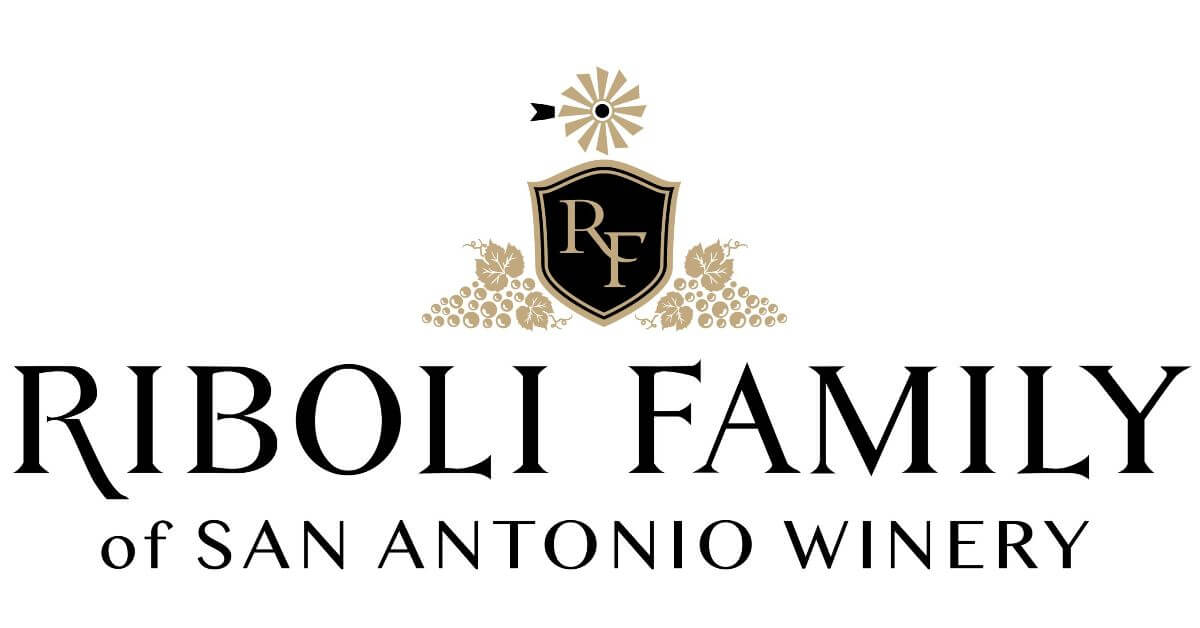
Takeaway: The U.S. Trademark Office agrees with Cislo & Thomas LLP that service on a foreign company for trademark infringement can be effected by serving the Trademark Office.
In 2020, Cislo & Thomas client San Antonio Winery sued a Chinese company, Jiaxing Micarose Trade Co. Ltd., to protect its “RIBOLI” trademark. Jiaxing had sought and obtained a trademark registration for RIBOLI at the United States Patent and Trademark Office (USPTO). When Jiaxing and its counsel failed to respond to correspondence related to the dispute, San Antonio Winery served the complaint on the Director of the USPTO pursuant to §1051(e) of the Lanham Act.
The Lanham Act governs trademarks, including federal registration. Section 1051(e) of the Act specifically states that when a foreign domiciliary obtains trademark registration from the USPTO, they can be served with notices and process in “proceedings affecting the mark”. This provision of the Lanham Act has become vitally important in recent years with expansive growth of commerce online and companies worldwide seeking trademark protection under the laws of the United States. San Antonio Winery’s interpretation of §1051(e) is a civil court case qualifies as a “proceeding affecting the mark”.
When Jiaxing failed to file an answer to the complaint, San Antonio sought default judgment. The district court denied the request, acknowledging a split in the district courts, with some courts holding that §1051(e) applies only to service in “proceedings” before the USPTO—not to court proceedings. San Antonio Winery argued before the honorable Judge Wu that circumstances had changed since the prior precedent and that service was proper. Judge Wu granted certification for interlocutory review pursuant to 28 U.S.C. § 1292(b), opening the door for San Antonio to seek permission to appeal, which was granted.
Even getting the Ninth Circuit Court of Appeals to hear San Antonio Winery’s position was a major accomplishment. Then, to have the added support of the U.S. Government was a very pleasant surprise for San Antonio Winery.
In its brief, the USPTO states in pertinent part, “Given the rise of fraudulent trademark activity in the United States by foreign-domiciled trademark applicants and registrants, particularly with respect to the use of registrations to gain access to online marketplaces, the scope of § 1051(e) is an important question that implicates the government’s and the public’s interest in fair competition in the United States and affects the USPTO’s ability to maintain accurate and reliable trademark registers.”
San Antonio Winery is hopeful the Ninth Circuit will agree that foreign defendants cannot use U.S. laws to register trademarks (fraudulently or not), and then hide behind the cumbersome and expensive Hague convention to avoid service.



